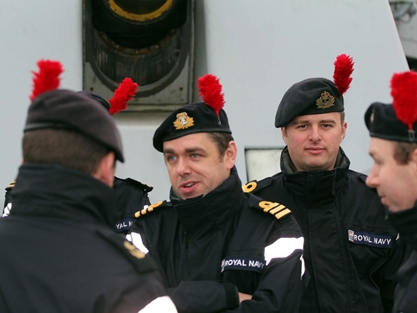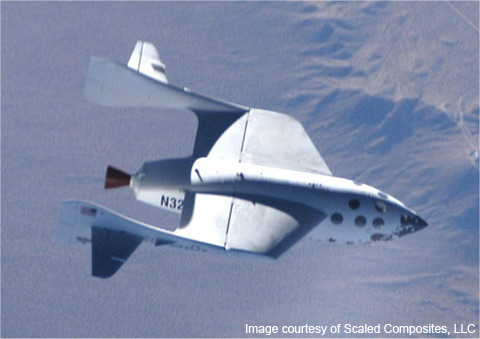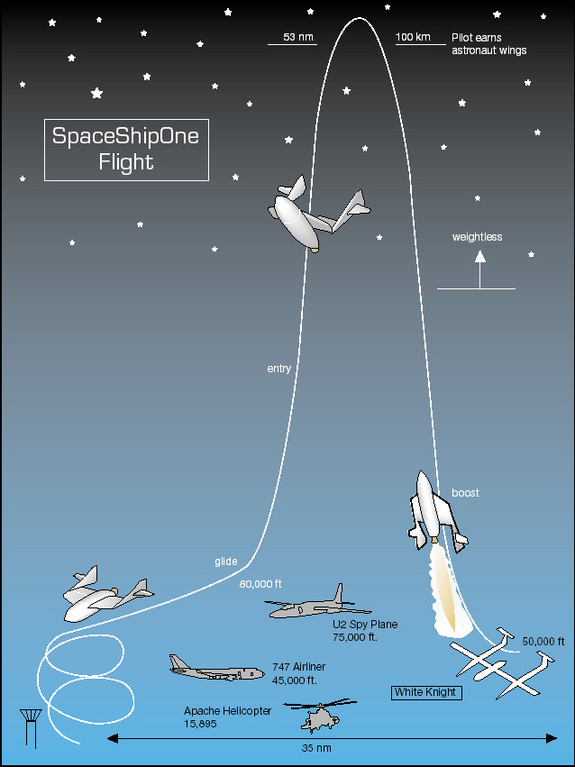Some Interesting Problems about Words in English which are related to the Scots (Both the Dialect and the People)While the contributions made by Scots to American life (and Western life in general) are fairly well known, the contributions in terms of words seems less known. While in previous issues we have looked at phrases in English with the form “Scot” or Scotch” in them, today we look at some words that are directly related to the Scots forms of English. Some of the words that are thought to possibly have Scottish ancestry are in rather restricted use. One of these is the word “fungo” which is a baseball term with several related meanings. One is a fly ball meant to be caught by one of the fielders as a practice. Another meaning has to do with a batter throwing a ball straight up in the air and then hitting it himself. Most dictionaries claim that the origin of the word is unknown, but some like The Free Dictionary believe it comes from a Scots word “fung” meaning “to toss” or “to pitch”. On the other hand, there are words which have a cleared, if not more convoluted history. One of these is the word “mug” which has undergone considerable change in its various meanings. The original meaning for the word “mug” is Scots and refers to an earthenware bowl, a meaning close to the word “mug” when it refers to a kind of drinking cup. Since many of the “mugs” had faces on them, it came to be used as a kind of slang word for the face in general, hence words like “mug shot” – a picture of someone’s face usually taken by the police and also in the verb “to mug” when it means “to make faces”. The shift in meaning of the word to indicate an attack on a person for the purpose of robbery may have come from the idea of hitting someone in the face. Another word with Scottish connections is “Blackmail” In what we often refer to as “the good old days”, people paid landlords “tribute” or “rent”, the old term for which was “mail” (an obsolete term now from a form meaning “agreement”). Since the rent was paid in metal (as opposed to crops) it was called “white mail” When some of the people started demanding money for protection this became known as “blackmail” from there it is a short step to the current meaning which implies money paid by someone with a secret they do not want revealed to a “blackmailer”. What the Dickens! Here is another one of the problematical phrases in English. We can be sure it has nothing to do with Charles Dickens since the phrase occurs in Shakespeare several centuries earlier. The Scottish connection is with a possible connection to a contraction of deilkins – (deil=devil) little devils. There is a note in the Dictionary of the Scots Language, that “deil” is used to indicate a familiar or humorous personification of the spirit of mischief. So the addition of “kin” as a diminutive ending seems suitable. The final word in our look possible Scottish influences on some words in English is “Limelight”. Neither part of the word has a Scottish origin, so what is it doing here? In the early to mid 1820’s a man named Goldsworthy Gurney, born near Cornwall, invented a new kind of light by heating up a piece of lime in a flame of oxygen and hydrogen. This gave off a brilliant white light called “limelight” because of what was burning, not the color of the light! It is held that in 1825 Edinburgh born Thomas Drummond developed ways to make use the intense white light in surveying which led to its use in theater. There, the major characters were lit by this light and hence the starring players were “In the limelight”. Well, before I get heckled like some performers, let’s look at one last word – heckler. Now “heckler” is seen to be related to the word “hackle” and also “hook”. It refers to the erectile hairs on the back of an animals neck, and also to plumage. Hence the word is used in phrases like “to raise the hackles” It is also the feather used as a plume on some hats and in the “red Hackle” as occurs with the Black Watch that used the red hackle on their bonnets.  red Hackle The word “heckle” meant “to comb out flax or hemp fibers”. The people who did this in the textile industry were called “hecklers”. When the textile industry began to unionize the “hecklers” were a particularly vocal group and often interrupted speakers. Hence the modern usage of the word “to harass a speaker”. Scots In SpaceDuring the turbulent 1960's, President Kennedy laid down a gauntlet for Americans (as well as the Soviets) – let's find a way to get to the moon – and quickly. It didn't happen in his life-time, but it did during the reign of a President with Scottish roots – Richard Nixon (the Nixon's were a clan of Border Reivers in the lowlands, close to the English border). This wee piece is just to remind us that the first man on the moon was a Scottish-American – Neil Armstrong. He was heralded not only here and around the world of course, but in Scotland as well were he visited the old Armstrong Clan stomping ground in the lowlands and was feted royally. He was one of “...five of the original seven American astronauts were of Scottish ancestry, and five of the original 12 men who have walked on the moon had Scottish ancestry. Another astronaut on that flight with Armstrong with Scottish ancestry was Edwin Aldrin.” Next up was Alan Bean – thoroughly proud of his heritage, he brought a swatch of the MacBain tartan to the moon with him. Decades later, astronaut Jerry Ross actually wore a Clan Ross tartan patch on his uniform jumpsuit as he went hurtling up into the heavens aboard the space shuttle – he was a veteran of 7 space missions – a record number that he shares with only one other fellow astronaut. As one short piece about Scottish-American's in space also mentioned “...astronaut Navy Captain Laurel Clark was an avid Scot descendant who died when the Columbia spacecraft broke up on its return flight. She had arranged with NASA to have The Black Bear and Amazing Grace recorded by The Black Watch Pipe Band, played as a morning wake-up music during Columbia’s flight.” Will actual Scots make it into space? Well, yes – if your name is Brian Binnie – an American-Scot I guess you could call him (and the closest to an actual Scot in space so far, if we stretch a bit). Born in America to a Scottish father (a college professor), the family moved back to Scotland (Aberdeen), where Brian formed his very close attachment to Scotland (he has said he considers himself to be 100% Scottish). The family however moved again, back to the United States where Brian continued his education and received went to both Princeton and Brown. He became a U.S. Navy test pilot, and flew a wide variety of planes. After 21 years in the military, he became a private test pilot for a company called Scaled Composites. For them he flew their sub-orbital space-ship SpaceShipOne – and became the 435th person to go into space – breaking records for flying a fixed-wing space-craft in altitude (almost 70 miles up).  SpaceShipOne So, what's next for Scottish and Scottish-American astronauts? Who knows, but the future seems very bright indeed – after all there's a lot of stars up there.  SpaceShipOne |
